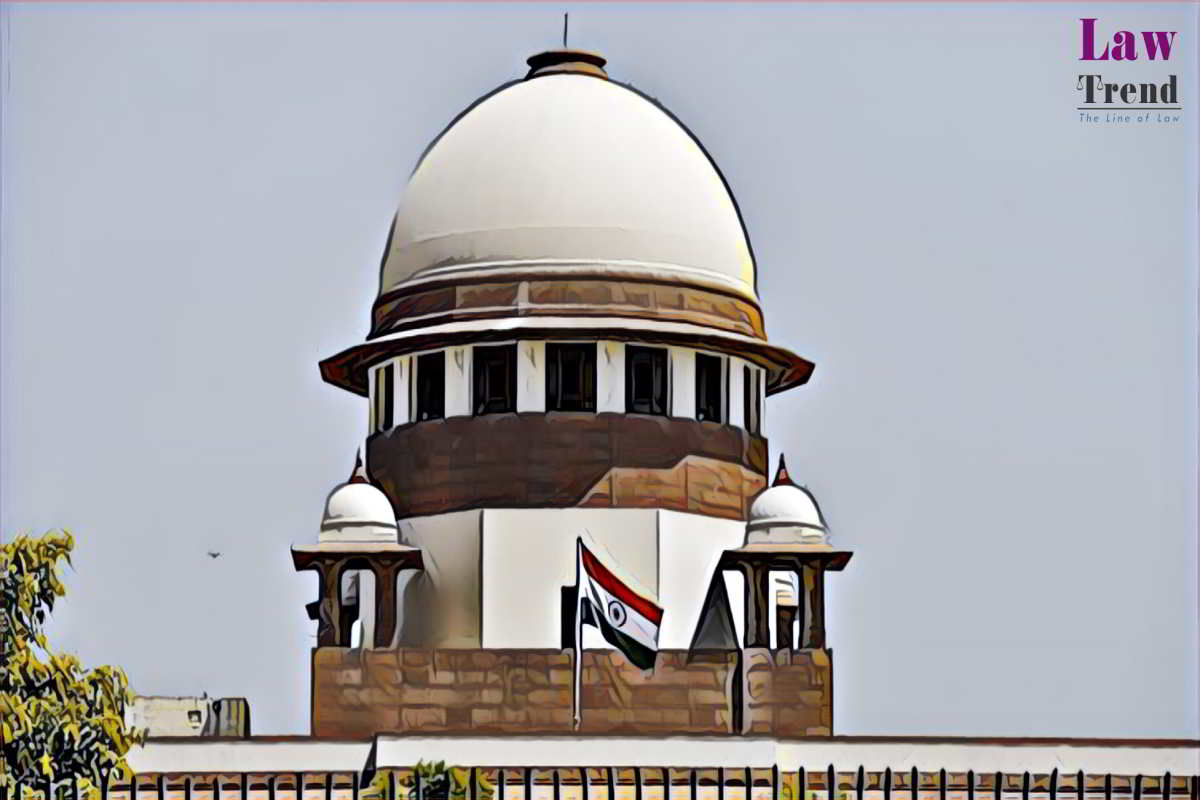While dismissing a Special Leave petition which was filed against a Rajasthan High Court order, the Supreme Court observed that statutes must be interpreted in a just, sensible and reasonable manner. In the instant case, the SLP petitioner( Commercial Tax Officer) argued that a single transaction of purchase of motor vehicle does not bring a
To Read More Please Subscribe to VIP Membership for Unlimited Access to All the Articles, Download Available Copies of Judgments/Order, Acess to Central/State Bare Acts, Advertisement Free Content, Access to More than 4000 Legal Drafts( Readymade Editable Formats of Suits, Petitions, Writs, Legal Notices, Divorce Petitions, 138 Notices, Bail Applications etc.) in Hindi and English.







